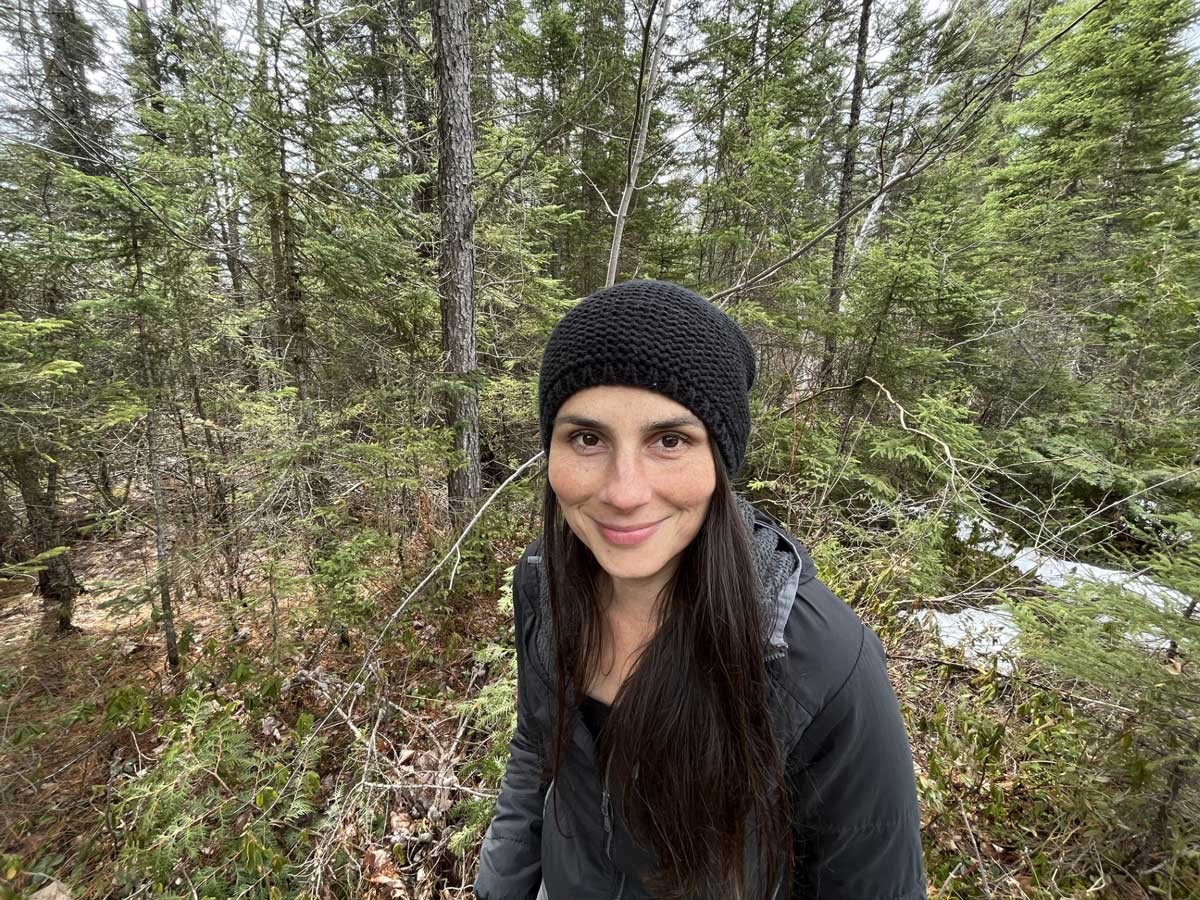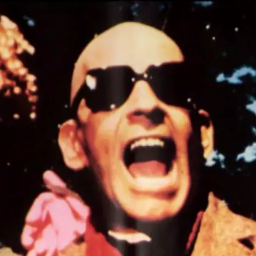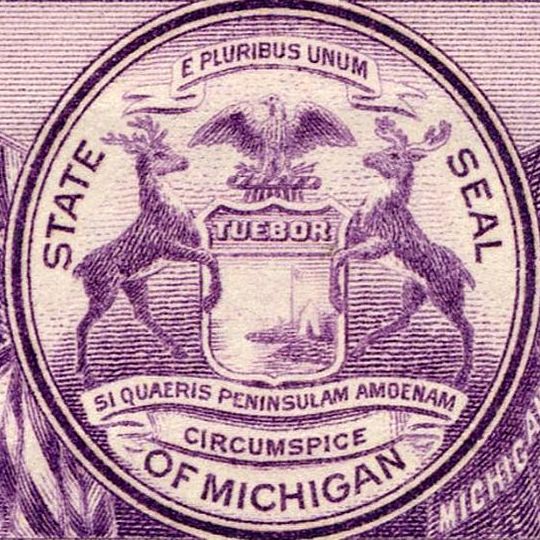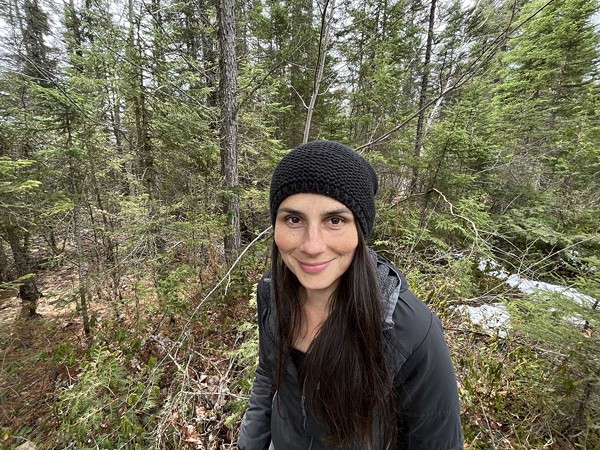From the DNR’s website…
Michigiizhigookwe’s (Robin Clark) career has focused largely on natural resources management within the State of Michigan, including terrestrial and aquatic ecosystem research and management. She earned a Bachelor of Science in Environmental Studies and a Master of Science in Community, Agriculture, Recreation, and Resource Studies, from Michigan State University. In 2021, Robin earned a doctorate in Forest Science from Michigan Technological University. She is a member of the Sault Ste. Marie Tribe of Chippewa Indians and lives with her partner and two teenagers in their community at Baawiting. Robin is passionate about good forest relations and supporting long-term hunting, fishing, trapping, gathering, and other active relationships with plants, animals, and other relatives in our shared ecological communities.

Well, all right! From Ms Randiah Camille Green’s ❤ article…
Clark is the first Anishinaabe woman to serve on the commission and was appointed by Governor Gretchen Whitmer in December 2023 for a four-year term that began in January. The commission is a seven-member board that sets regulations for fishing, hunting, and trapping in Michigan. In her role, Clark says she wants to focus on the impacts of current harvest regulations on wildlife populations including the number of hunting and trapping licenses issued.
“In recent decades, there’s been [a] growing understanding of the significance of Indigenous knowledge when it comes to ecology and biodiversity conservation. We’re everywhere,” she says laughing. “There are 12 federally recognized tribes [in Michigan]. There’s all sorts of urban Indian populations. And so we really do have rich knowledge and relationships to draw from that can inform natural resource management, including harvest regulations.”
“I’m new and just getting to know different sportsman’s groups… and a common theme is that folks will often call fish and wildlife a ‘resource,’ which is kind of a bummer because in my community, and a lot of Indigenous communities, we’re not talking about resources. We’re talking about relatives [emphasis mine – r2] ,” Clark says. “Fish [and] wildlife, in our teachings, these are actually elder beings who have provided for human beings over the generations. So, I will use the term ‘resource’ now, but it’s a little cringy,” she laughs.
This is awesome, someone who may actually care about the environment is in charge of caring for the environment.



